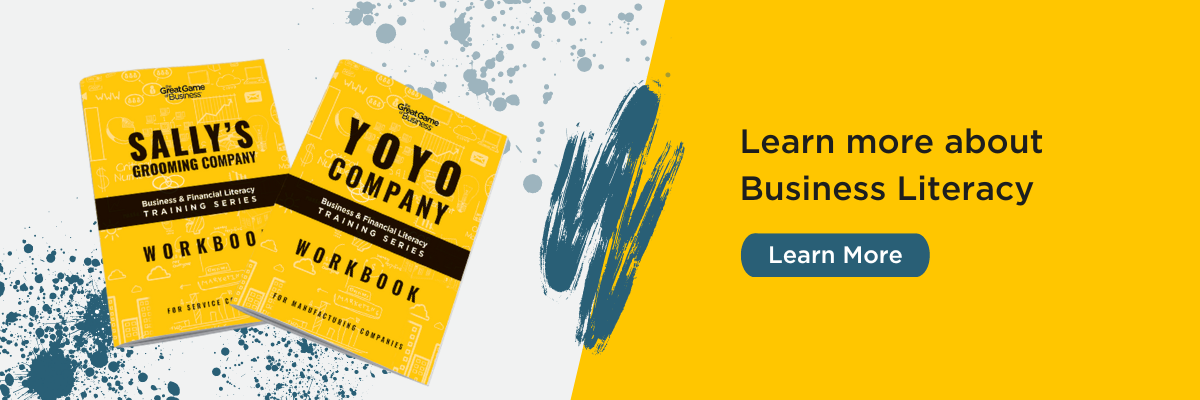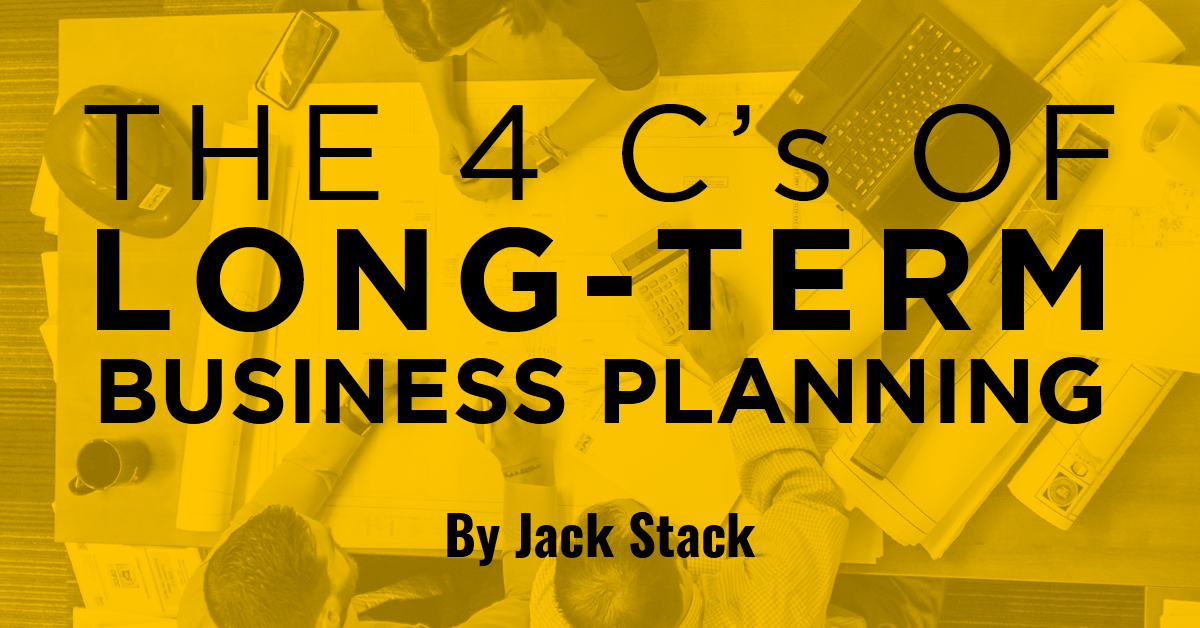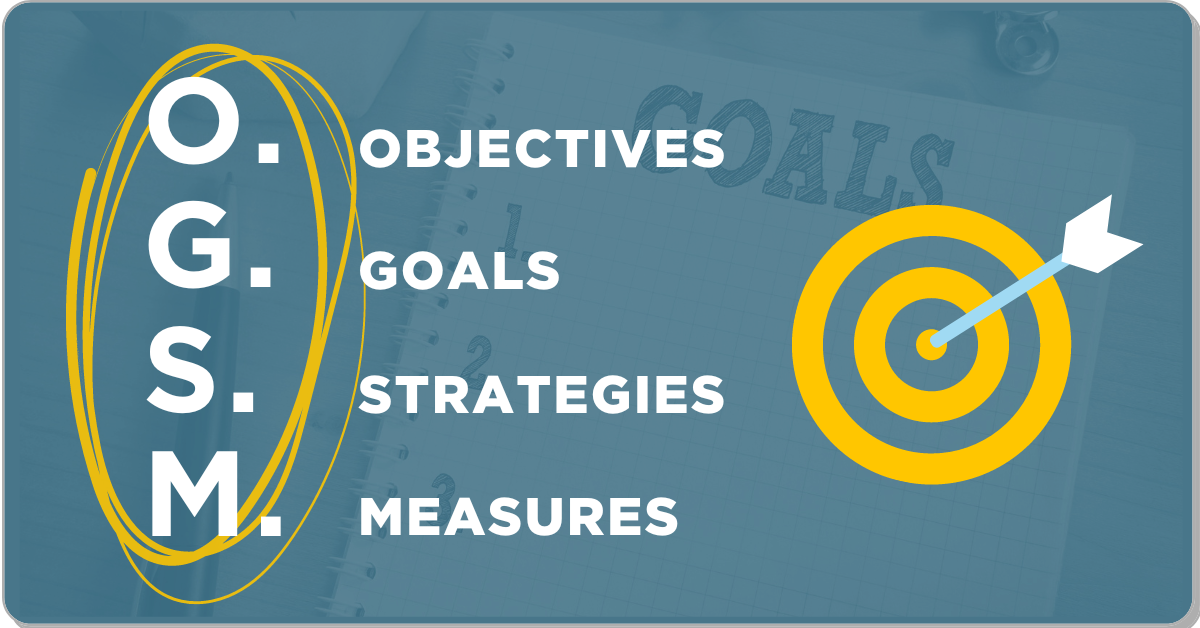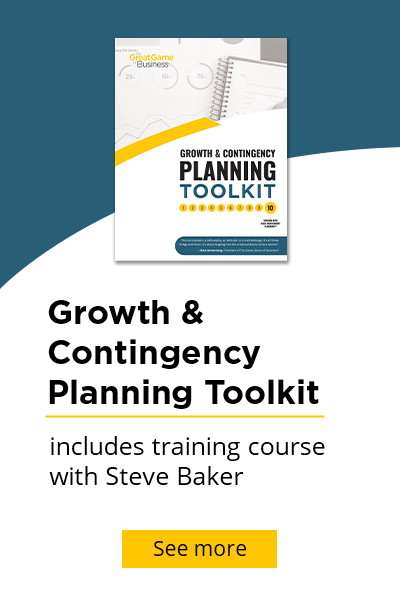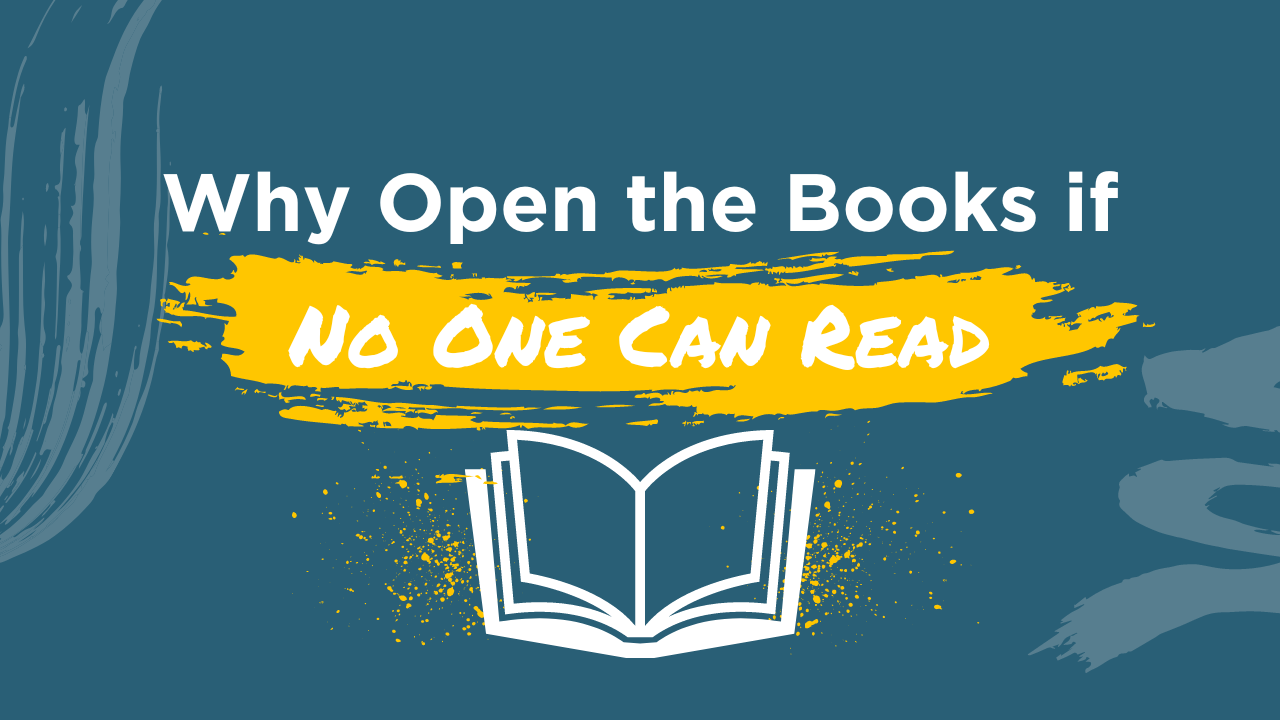 Why your company needs financial literacy training for successful open-book management.
Why your company needs financial literacy training for successful open-book management.
Have you ever watched a preschooler try to read a book? My youngest child has “read” me books since she was two – using only the pictures to come up with a story that might fit. My eight year old can pick up the same book and read it word-for-word. I would love to say it is because he is a super-genius, but the only difference between the two kids is education – he is literate because he has been taught to read.
In business, we have to learn to read as well, except we don’t get colorful picture books. We get boring financial statements with the occasional highlighted section.
Learn More About Financial Literacy Training
The income statement, balance sheet and cash flow statement are tools we use to tell the story of what’s happening in our company. They also give us the information we need to make effective decisions – if we are financially literate.
If you are tossing around the idea of introducing open-book management in your own business, keep in mind that not everyone is financially literate. A great majority of people don’t even know how to balance their own checkbook; much less know what EBITDA is. Knowledge of what all those numbers mean is essential to the success of an open-book culture. You can post the financial statements on the walls and hand them out on paper all day - but employees still won’t understand them if they haven’t been educated. The best part is, we can all be taught.
However, education takes time, money and dedicated resources to carry out any type of program. So, why should you ensure that everyone in your company understands all the financial statements?
Why open a book if you can’t read?
We have financial statements posted in our facility containing an abundance of information regarding the business. However, as new people come on board, you’ll notice blank stares of indifference. People are either completely baffled or truly intimidated by the numbers – some not having the slightest idea what they mean. If you are going to make them comfortable with all that information, they have to be taught so that they understand it. If not, they’ll simply ignore it.
Rules of Engagement
I LOVE football - it is one of the best games to watch (and the only reason I don’t get rid of satellite programming all together!) However, when I was younger, I didn’t care for it. Why? I didn’t understand it. It was just a bunch of big jocks beating each other up to get a ball from one end of the field to the other. At least that’s what I thought until someone explained the game to me. Now, I see it as a highly strategic, incredibly athletic sport.
Now that I understand football, I watch for the plays, try to guess what they’ll do next and get excited when things work out in the favor of my team - I even won my Fantasy Football League last year! I’m engaged because I understand. The same will happen to your employees when they become financially literate. They will become more engaged in making decisions regarding the business when they understand all the financial implications.
Employee Success = Company Success
When I taught financial literacy at one of our companies, one of the biggest compliments I received about the program was that it helped an employee not only at work, but at home with their personal finances. She said that she was finally able to sit down and discuss money with her husband without fighting because she understood what he was trying to do. This is a huge benefit for the company as well – an employee with fewer struggles in their personal life will be happier and more productive when they are at work. It’s a win-win situation for you and the employee!
The list could go on and on – bottom line is this: investing in the education of financial literacy in your company will far outweigh the costs and is crucial to an open-book culture. Plus, it could be the most rewarding thing you do for your employees and the business.
Stephanie Fletcher was a speaker at the 2014 Gathering of Games conference presented by the Great Game of Business. Her session was entitled "Financial Literacy: What to do When it’s Your Turn to Teach" - View her presentation and hear the entire session:
.png)





